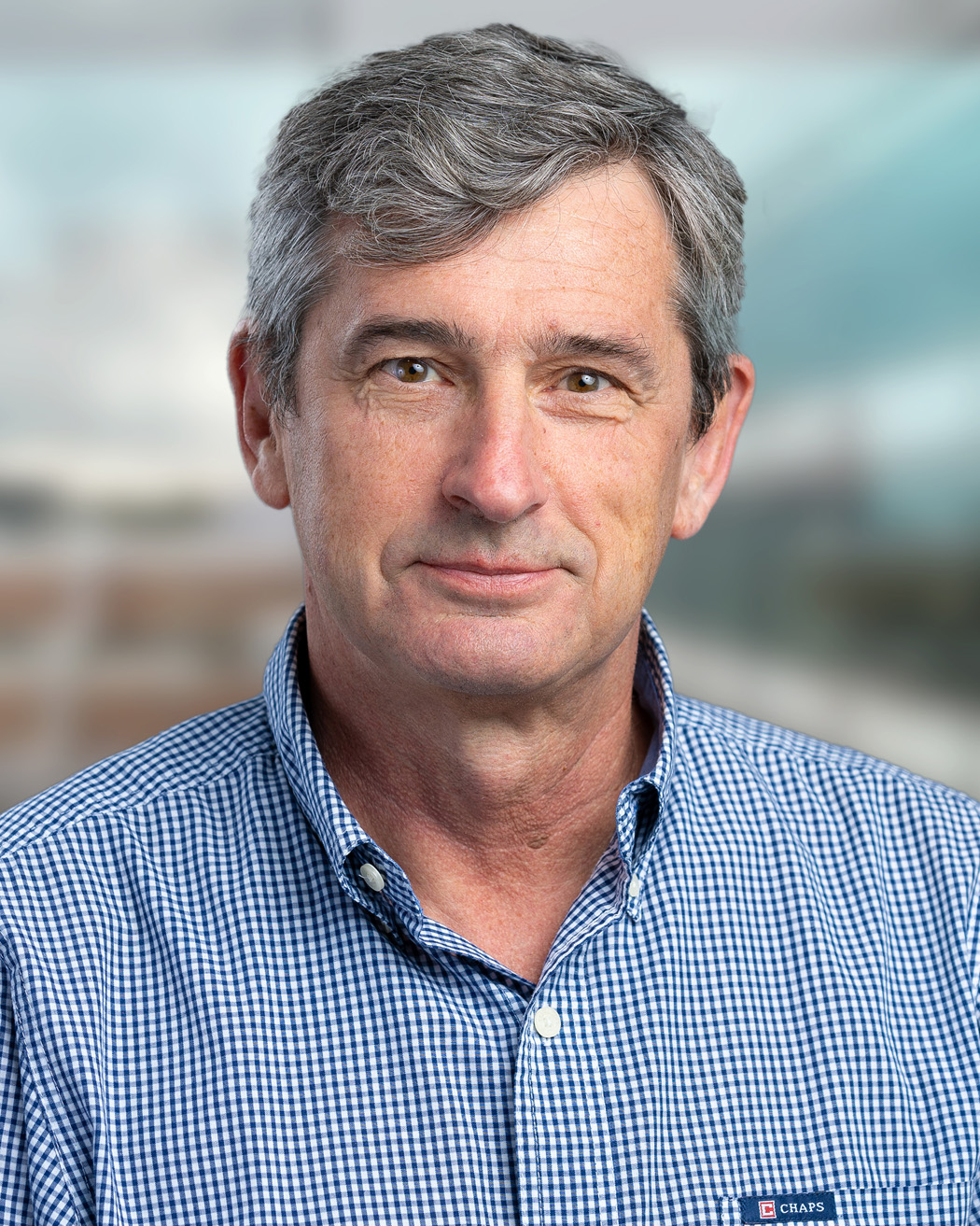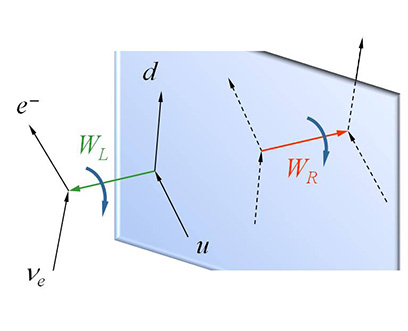
Professor of Physics
Joined the laboratory in 2010
Education and training
- PhD Nuclear Physics, Cath. University of Louvain (1989)
Research focus
- Experimental nuclear physics/searches for new physics beyond Standard Model
Contact information
Research
My research interests reside at the interface between nuclear and particle physics. Particle physics deals with the properties of the most fundamental building blocks of nature and of their interactions. However, the tests of the foundations of physical theories use all types of systems such as crystals, molecules, atoms, nuclei and elementary particles. This also applies to the quest for the origin of symmetry violations, such as Parity or Charge-conjugation-Parity (CP), as a means to search for signatures of new physics beyond the Standard Electroweak Model. The approach of looking for new physics at low energies is complementary to experiments at particle colliders that are performed at the highest available energies.
My current activities concern precision measurements searching for the violation of discrete symmetries (CP) or searching for the presence of so-called exotic interactions. The search for CP violation is being carried out in the three-photon decay of ortho-Positronium, using a dedicated detector array and off-line radioactive sources. The measurement is expected to provide a significant improvement in sensitivity compared to previous efforts. The search for exotic interactions is performed through high-precision measurements of beta-energy spectra in properly selected transitions.

Biography
I earned a PhD in nuclear spectroscopy at the Catholic University of Louvain, in Belgium. I then moved to a postdoc position at the Swiss Federal Institute of Technology (ETH) in Zurich. I initially intended to just spend a couple of years there, but ended up being there for eight years. I first performed precision measurements in nuclear beta decay using polarized nuclei produced by polarization transfer reactions at the Paul Scherrer Institute (PSI). These experiments tested different aspects of discrete symmetries in beta decay (maximal parity violation, time-reversal invariance, and conservation of the vector current). I then managed a precision measurement of a polarization-correlation observable in muon decay, using highly polarized muons stopped in suitable targets. Later, I was also involved in exploratory measurements using polarized thermal neutrons produced by the spallation neutron source at PSI.
After my postdoc, I moved to a faculty position at the University of Caen in Normandy, France. A major technical development, performed with the group of LPC-Caen, was the design and constructions of a transparent Paul trap for the measurement of the recoil ion distribution following the beta decay of trapped radioactive ions. The experiments were carried out at GANIL, the French National Large Heavy Ion Accelerator, using thermalized beams. I was also involved in a measurement of the neutron lifetime using a magneto-gravitational trap, and in a measurement of the neutron electric dipole moment using a material trap. Both experiments used polarized ultra-cold neutrons stored in the traps.
How students can contribute as part of my research team
Students performing precision measurements at low energies are confronted with all aspects of experimental research, from writing a proposal to writing an article for publication. This includes the analysis of the underlying phenomenology to understand and improve the sensitivities of the measured quantities, the writing of Monte-Carlo simulations and analysis codes, the involvement in hands-on activities to develop or characterize detectors, the installation of setups, the running of experiments, the analysis of data and the presentation of results. When engaging in research, it is also useful and suitable to rely on a solid background of patience to overcome difficulties which can arise. Much of this is common and offered by most experimental research, but something specific to the field of precision measurements is the requirement of understanding the measuring devices and conditions to an extreme precision, and to carefully analyze and quantify any potential source of systematic effect. Sometimes these effects turn out to be negligible, but they still need to be quantified. These problems and approaches enable students to develop unique skills, which are valuable at other large-scale precision measurements, and require a higher degree of patience and dedication.
Scientific publications
- New Physics Searches in Nuclear and Neutron Beta Decay, M. Gonzalez-Alonso, O. Naviliat-Cuncic and N. Severijns, Prog. Part. Nucl. Phys. 104, 165 (2019)
- Beta Decay: Probe for Nuclear Structure and the Weak Interaction, Rubio, B., Gelletly, W., Naviliat-Cuncic, O. (2022), in Tanihata, I., Toki, H., Kajino, T. (eds) Handbook of Nuclear Physics

